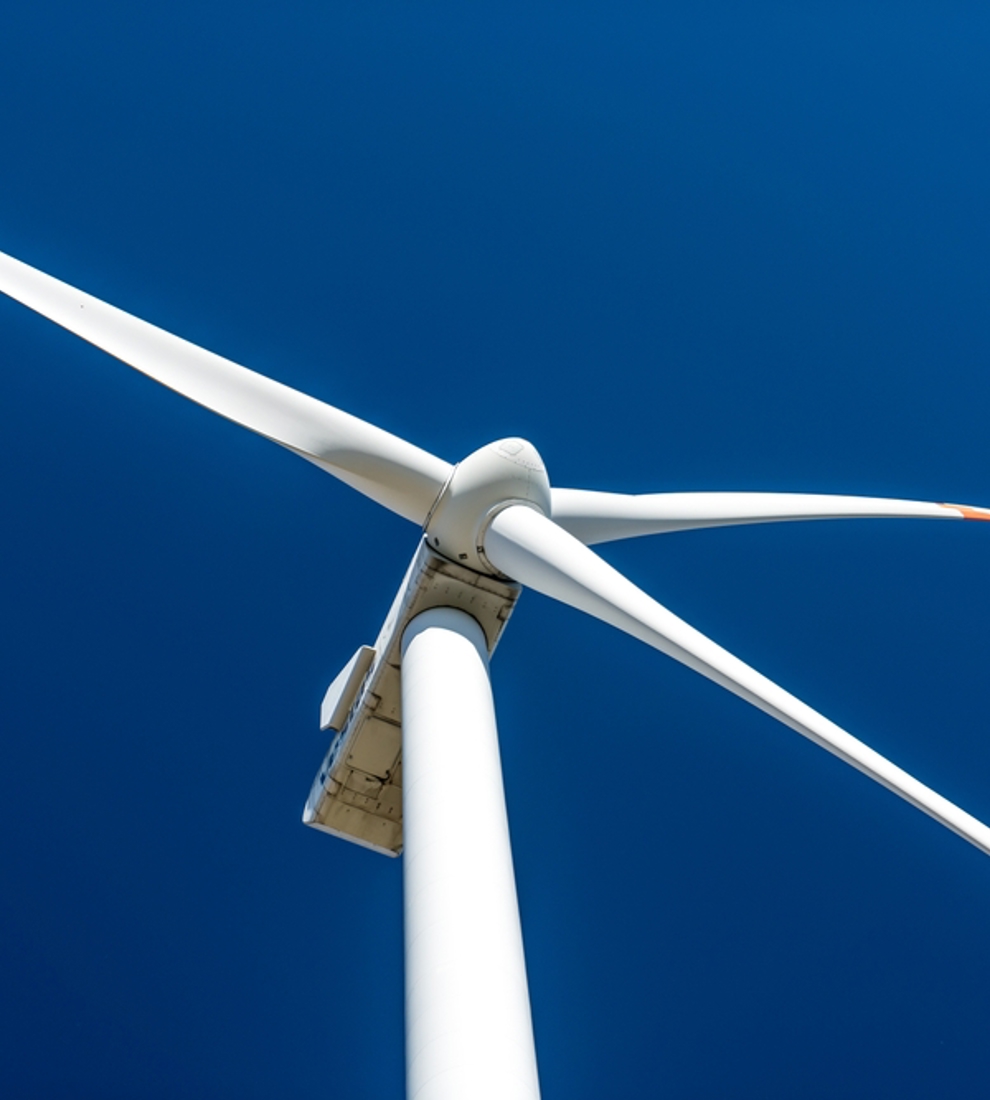On 15 December, the European Commission (EC) published its ‘Decarbonised Gas Markets Package’. For the first time in EU energy legislation, there is a prominent role for hydrogen.
To inform its decisions on regulation of dedicated hydrogen networks, the EC conducted an impact assessment of different potential regulation options. Frontier, together with Guidehouse, supported the EC with a study that analyses the effects of different regulatory elements.
The EC’s proposals on hydrogen network regulation will, once adopted, set the framework for the market ramp-up of hydrogen and the expansion of hydrogen networks. As such, they were eagerly awaited and discussed intensively in advance. The EC has now set out the following key points for hydrogen network regulation:
- Central regulatory principles that apply to electricity and gas networks are also applied to hydrogen networks, including vertical unbundling, third party access (TPA) and tariff regulation.
- A transition phase with regulatory freedoms will apply until 2030. In particular, regulatory exemptions for existing hydrogen networks are possible, as well as some leeway with regards to unbundling (independent Transmission Operator rather than Ownership Unbundling), tariff setting and TPA (negotiated instead of regulated TPA) for new pipelines for a limited period.
- By default, the costs of hydrogen networks are to be borne by hydrogen network users. However, during the early stage of hydrogen network development (for a period of max. one third of the depreciation period of the infrastructure), financial transfers between hydrogen, gas and electricity asset bases are allowed under certain conditions.
Frontier supported the EC with a qualitative assessment of key regulatory measures against five impact criteria: hydrogen market structure, cross-border integration, administrative costs, investments incentives for new hydrogen infrastructure and repurposing of natural gas pipelines. Key insights include:
- Any non-regulation (business as usual) approach provides commercial freedom to enter into long-term agreements and secure investments at bilaterally agreed-upon terms. This may facilitate investments in an early phase of hydrogen market development (particularly if there is additional government support). However, the no-regulation approach increases the risk of vertically integrated, monopolistic network operators emerging, with potentially negative longer-term implications for transport tariffs, hydrogen uptake and ultimately for decarbonisation targets.
- A stricter regulatory approach, which includes a TPA requirement, vertical unbundling, horizontal unbundling and tariff regulation may impede incentives to invest in hydrogen pipelines, including incentives to invest in repurposing of existing natural gas pipelines. A (tariff) regulation imposes asymmetric risks for investors, which may render investments unattractive, but could be avoided by allowing for temporary regulatory exemptions (regulation holidays) for new investments while providing certainty for investors over the duration of the exemption.
- We also analysed the controversially debated question of whether there should be options to cross-subsidise between hydrogen and natural gas infrastructure. On the one hand this would deviate from the concept of cost-reflectivity and may cause some distributional questions (e.g. if a household natural gas customers have to pay for initially high cost of hydrogen networks used mainly by industry). On the other hand, this cross-subsidisation opportunity facilitates repurposing of existing gas pipelines to hydrogen and as such could help accelerating the hydrogen ramp-up, which is crucially needed to achieve ambitious decarbonisation targets going forward.
Frontier regularly advises clients on related issues and has, for example, created a Roadmap to Hydrogen handbook to share insights and help facilitate conversations around the future of hydrogen.
For more information, please contact media@frontier-economics.com or call +44 (0) 20 7031 7000











